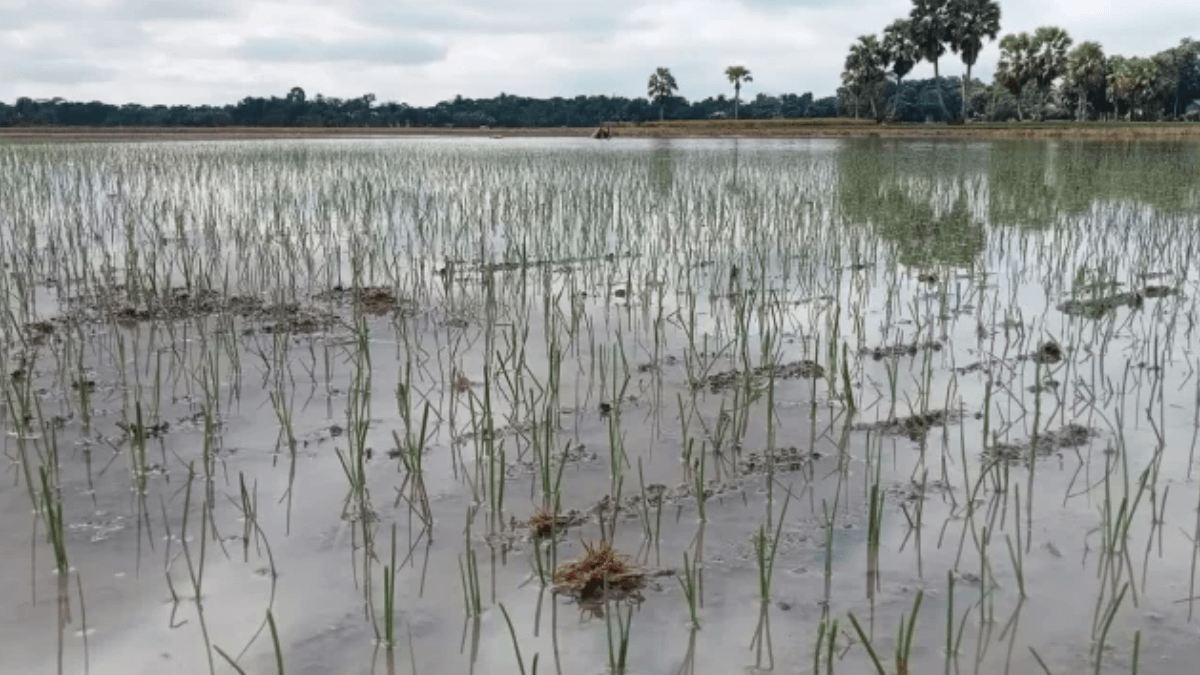News in brief:
– Flooding and climate change have caused onion scarcity and a price surge, disrupting production across northern Nigeria.
– Poor-quality imported onion seeds and a lack of local seed production have further exacerbated the crisis.
Onion farmers in Nigeria have blamed severe flooding, climate change, and poor-quality seeds for the recent price hike and scarcity of onions. These issues have disrupted production across major onion-producing states, leaving consumers and producers grappling with the consequences.
The Onion Producers, Processors, and Marketers Association of Nigeria (OPPMAN) reported a staggering increase in onion prices since late 2024. According to the association’s National President, Aliyu Isah, a bag of onions now costs between ₦250,000 and ₦270,000, compared to ₦70,000 to ₦90,000 in earlier months. Similarly, the price of a medium-sized bulb has surged from ₦50 to ₦500.
Isah explained that flooding in 2024 ravaged onion farms across Sokoto, Kebbi, Zamfara, Kano, Kaduna, Katsina, and Adamawa states. Excessive rainfall also led to high humidity, causing outbreaks of Downy Mildew, a fungal disease that severely affected onion cultivation at various stages.
“Flooding destroyed onion farms, while dam overflows and breakages in states like Sokoto and Borno wiped out farmlands. Farmers lost seedlings, nurseries, and harvest-ready crops,” Isah said.
The scarcity of quality onion seeds has compounded the crisis. Local seed production has been disrupted, forcing farmers to rely on imported hybrid seeds. However, some of these imported seeds were adulterated, resulting in crop failures.
“Farmers couldn’t access enough quality seeds despite having money to buy. Many were sold adulterated seeds that failed to produce bulbs,” Isah added.
To address these challenges, OPPMAN has urged stakeholders and government agencies to prioritise developing sustainable seed systems, improve local onion production, and mitigate the impacts of climate change on agriculture.



